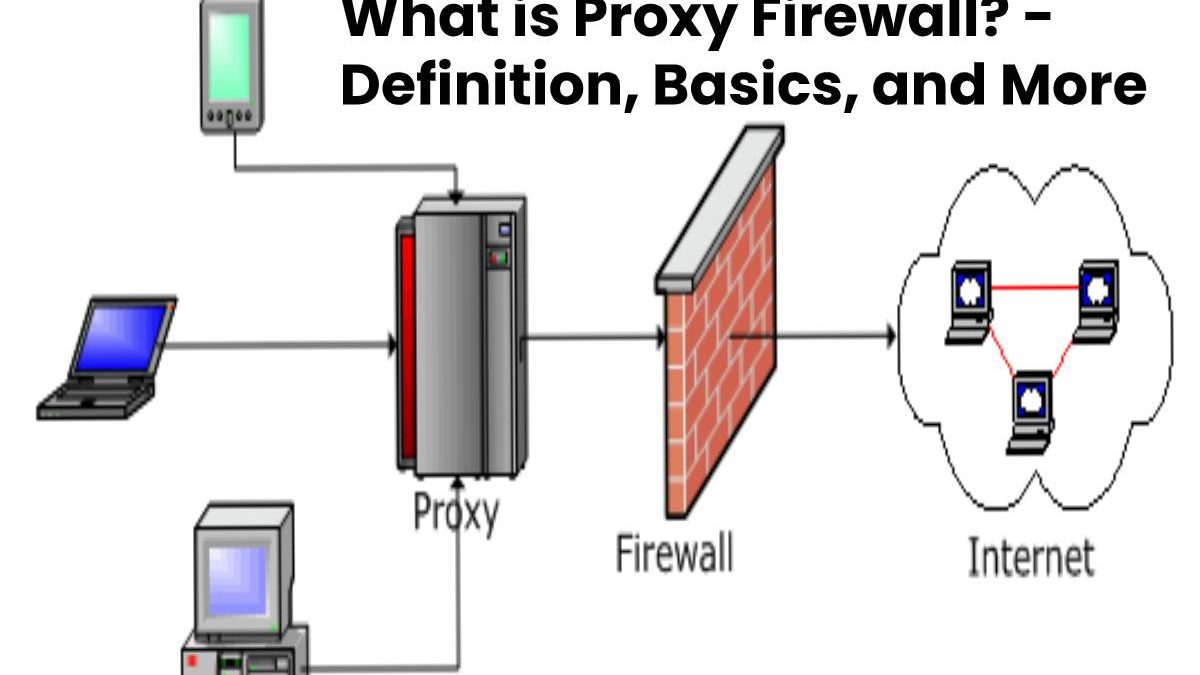Table of Contents
Proxy Firewall Definition
In contrast to a packet-oriented firewall, a Proxy Firewall can monitor and filter communication at the application level.
It protects networks and their resources from unwanted or dangerous data traffic.
And also, It is called an application-layer firewall or application firewall for short.
It is a security system that can monitor and filter communication at the application level.
What is the basic principle of the Proxy Firewall?
- The Proxy Firewall acts as a proxy for a client who wants to gain access to a particular service.
- This shields both services and clients from one another and prevents direct connections between the two communication partners.
- If a client wants to establish a connection to a service, it first communicates with the proxy.
- It forwards the data from the client to the server and transmits the data received from the server to the client.
What is Differentiation between transparent and non-transparent Proxy?
- There are two basic ways a proxy works. From the client’s perspective, he can work transparently or not transparently.
- If the proxy is not transparent, the client must inform of its existence.
- For this purpose, the client and its software receive a unique proxy configuration, which ensures that the outside traffic initially addresses to the proxy.
- However, since this generally provides the only communication path to other networks and external communication.
How does a proxy firewall work?
- Since the proxy firewall carries out all communication on behalf of the clients to be protected, it can analyze the transmitted data in great detail.
- It checks whether the communication complies with the previously defined protocol rules and policies and allows or prevents the traffic.
- Due to the address conversion taking place through it, the clients remain entirely hidden in the network to be protected.
- Depending on the type, a proxy-based firewall supports one or more application protocols.
What are the advantages of a [Proxy Firewall]?
- A Proxy Firewall offers a very high level of security due to the way it works at the application level.
- Compared to packet-oriented firewalls, it can analyze the data traffic for the supported protocols in a much more detailed and more in-depth way.
What are the disadvantages of a [Proxy Firewall]?
- There are also some disadvantages to these advantages. The proxy-based firewalls are not compatible with all protocols.
- A suitable proxy instance must establish for each contract to be protected to enable firewall protection.

